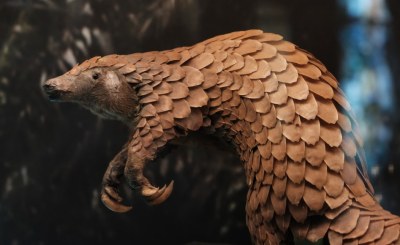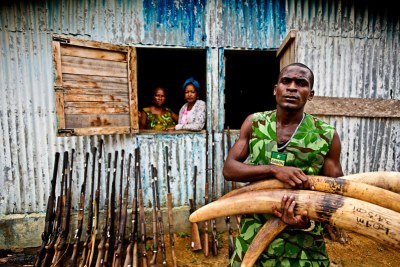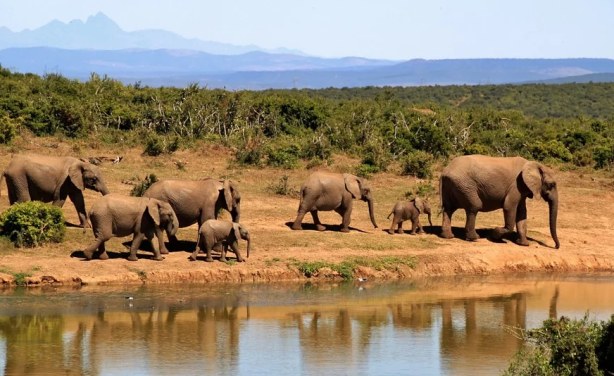-
Rwanda: Tracking Social Media to Uncover Ivory Trafficking in Rwanda
IPS, 21 October 2022
Every morning, Valerie Mukamazimpaka, a businesswoman selling various food products from Rubavu, a district in Northwestern Rwanda, wakes up early morning to cross "Petite… Read more »
-
East Africa: East African Countries Seek Cross-Border Cooperation to Combat Wildlife Trafficking
IPS, 21 July 2022
For many years, East African countries were considered wildlife trafficking hotspots. Now conservation organisations have started to mobilise all stakeholders to combat the illegal… Read more »
-
Rwanda: Four Arrested for Trafficking Ivory From DR Congo
New Times, 27 October 2021
Rwanda Investigation Bureau (RIB) has in custody four people held for allegedly trafficking products from endangered animals such as elephant ivory. Read more »
Using Social Media to Uncover Ivory Trafficking In Rwanda
With over 55,000 legal crossings daily, "Petite Barrière" is described as the busiest land border between Rwanda and DR Congo under the strict supervision of law enforcement officers and customer agents, whose duties primarily investigate and apprehend suspected smugglers, reports Aimable Twahirwa for Inter Press Service.
In these remote villages across the transborder region, the modus operandi of ivory tusks smugglers is diverse. While some traffickers that smuggle ivory often deal in other illegal goods. Other highly sophisticated networks use social media platforms for advertising wildlife products online and finding buyers in their target market abroad.
While large-scale illegal wildlife crime is not prominent in Rwanda, conservation experts observe that Rwanda is a strategically relevant country in the illicit trade of wildlife products because it is nestled between several important sources, transit, and destination countries.
The use of social media has allowed smugglers of wildlife products to expand their networks, using Rwanda as a transit route, experts say.
According to Rwanda Wildlife Conservation Association, because the illegal wildlife trade, such as in ivory tusks, constantly evolves, the country needs law enforcement capacity building for police, customs, and judiciary personnel. It is also crucial that a national database for wildlife crime cases is set up and local communities are made aware of the penalties for wildlife crime.
In 2021 the Rwanda Investigation Bureau arrested four people for allegedly trafficking products from endangered animals, such as elephant ivory.
Conservation experts believe that today's trade of wildlife products across the East African region has shifted from physical markets to online marketplaces where traffickers apply e-commerce business models and use encrypted messages to evade detection by law enforcement.
InFocus
-
Scientists have used DNA testing of ivory to expose the international criminal networks behind the trafficking of the product from Africa. To discover more ... Read more »




